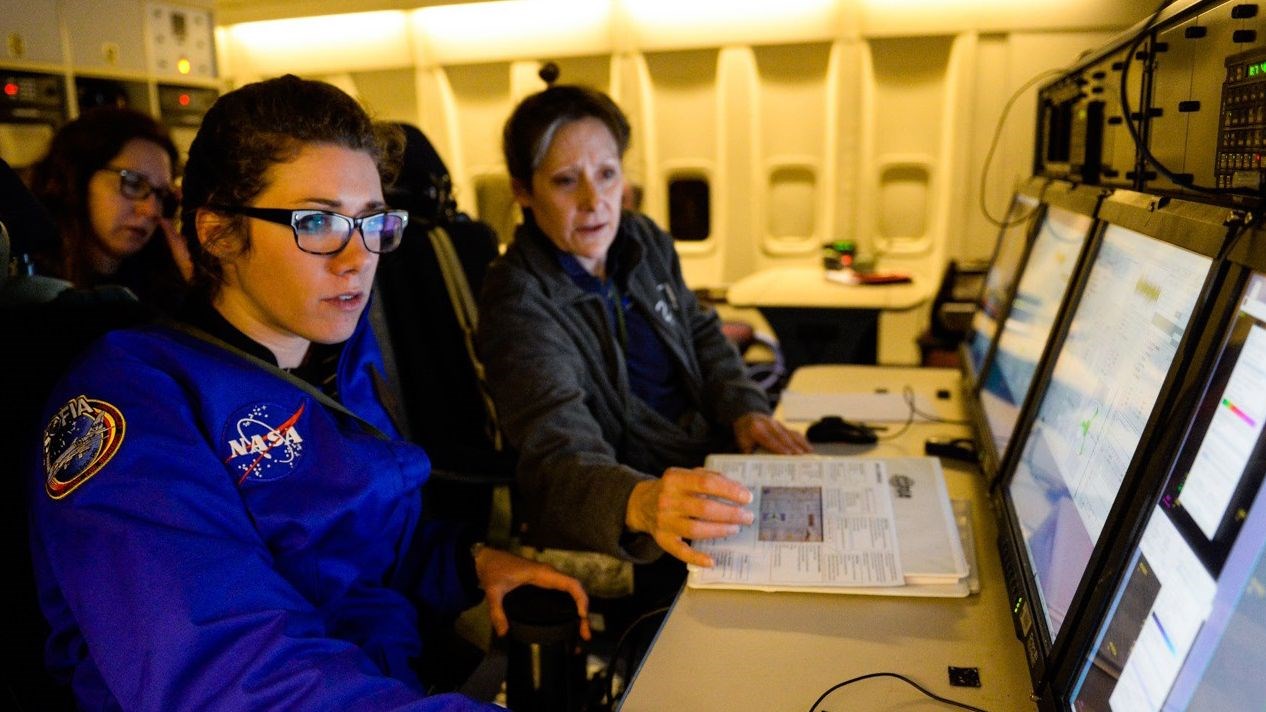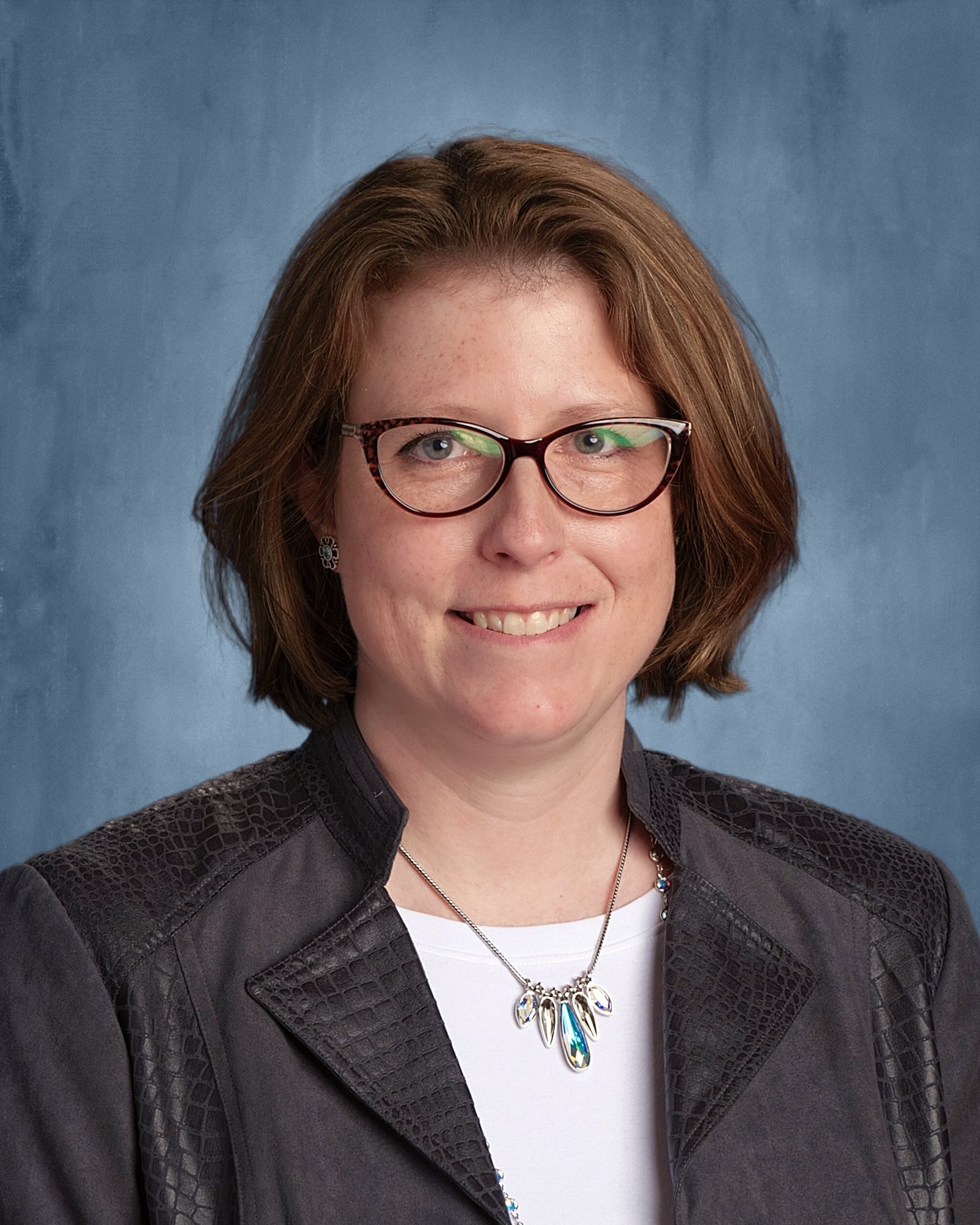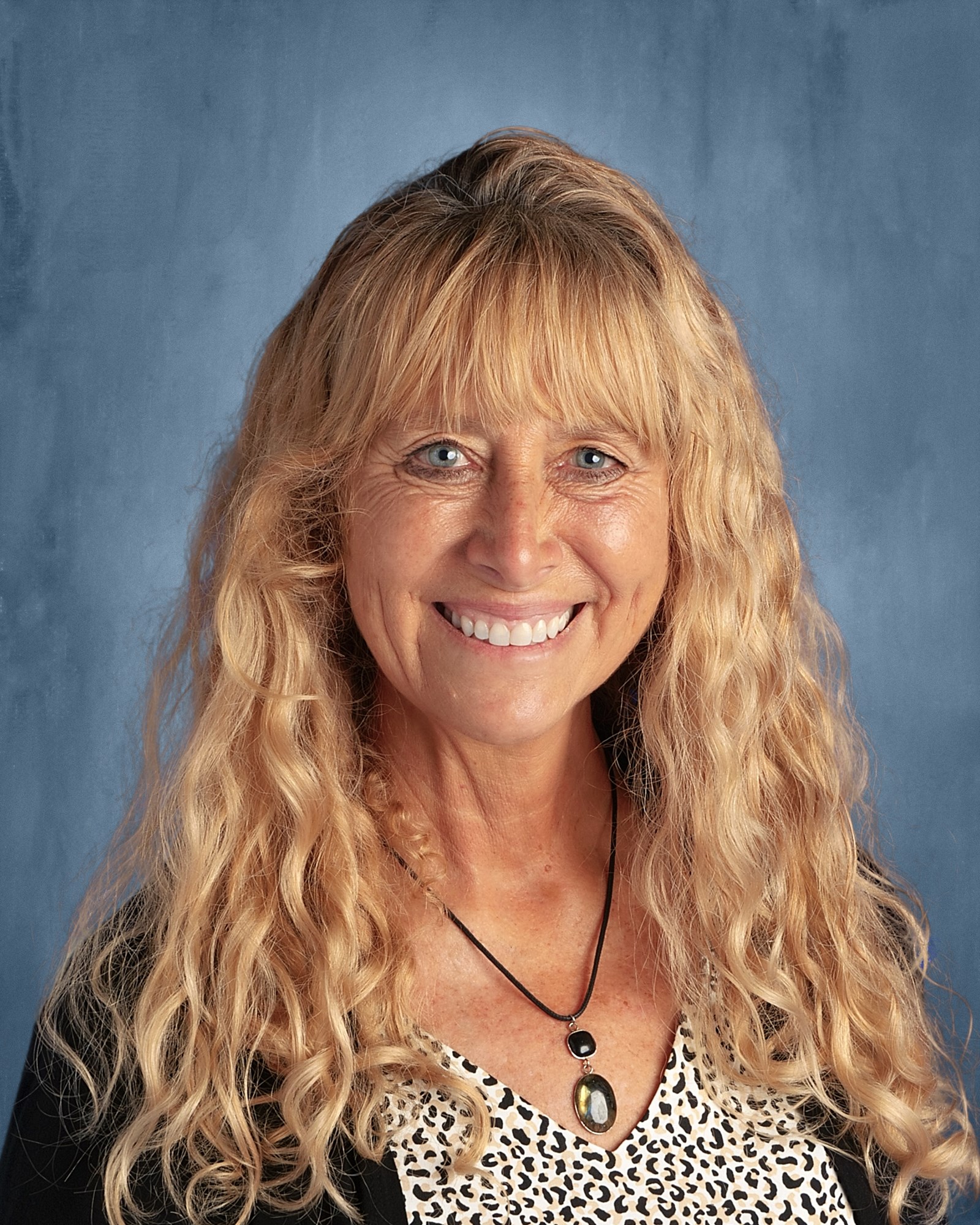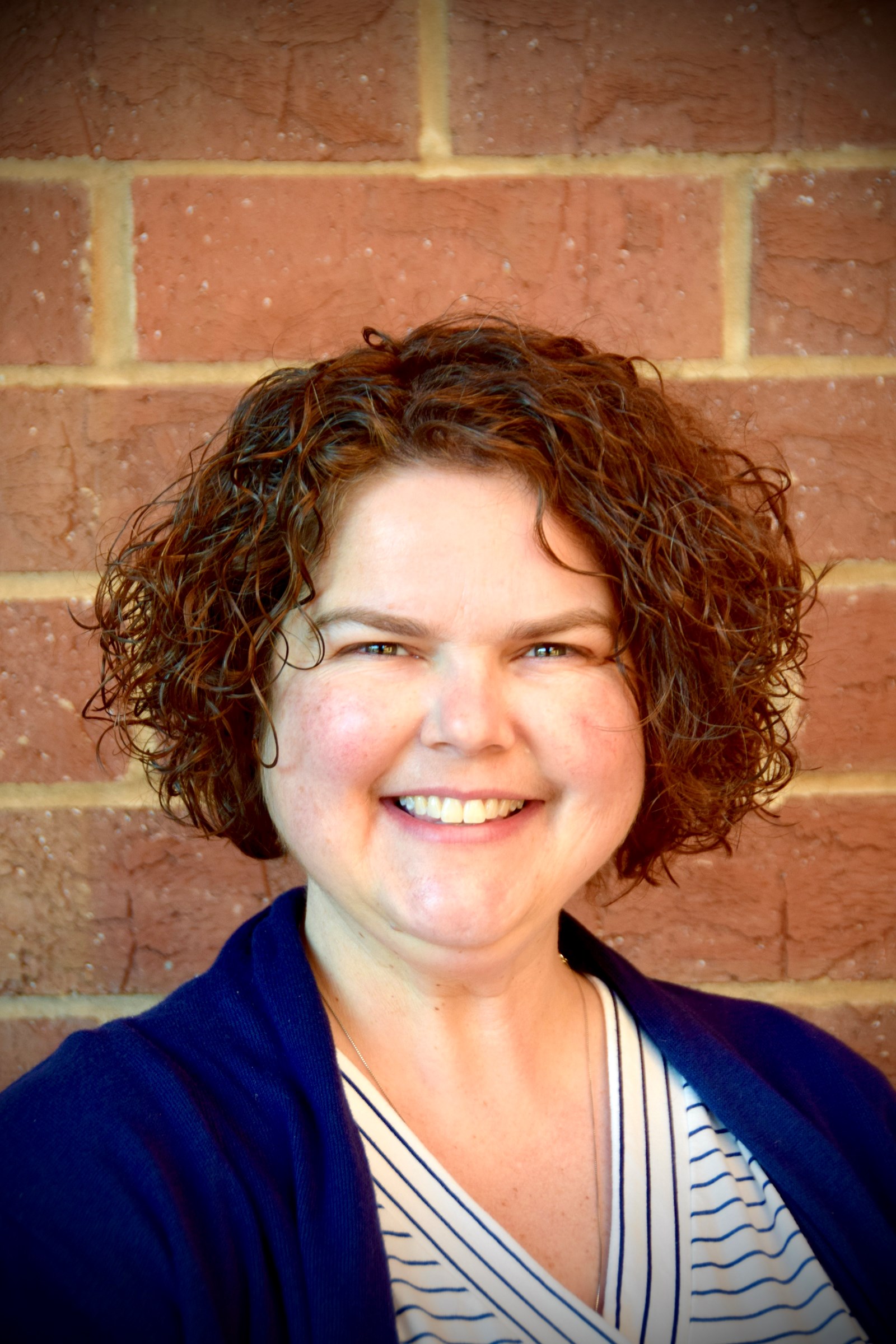3 More Cobb Teachers Selected as NASA Ambassadors

Three more Cobb Schools science teachers will join the elite group of NASA Airborne Astronomy Ambassadors following an announcement by The SETI Institute. The Cobb teachers are the only educators selected from Georgia. The 2021 Class of NASA Airborne Astronomy Ambassadors (AAAs) includes 30 educators from 10 states.
Cobb Schools 2021 NASA Ambassadors:
• Shannon Ventresca, East Cobb Middle School
• Tami McIntire, Palmer Middle School
• Dana Evans, Walton High School
“We are so excited to continue our partnership with SETI and NASA for cycle 9 of the Airborne Astronomy Ambassadors Program. The selection of Shannon, Tami, and Dana to fly on SOFIA is just more evidence of why Cobb is the best place to Teach, Lead and Learn,” said Cobb Schools Science Supervisor Christian Cali, who joined Cobb’s 2019 NASA Ambassadors on part of their flight mission.
The professional development program for science teachers is designed to improve science teaching and increase student learning and STEM engagement. This year’s expanded AAA program includes not only high school teachers but also middle school and community college teachers.
“Over its history, our NASA-funded AAA program has impacted tens of thousands of high school students through the immersive and inspirational experience of their teachers,” said Bill Diamond, CEO of the SETI Institute. “This powerful STEM program will allow the SETI Institute to help bring NASA science into classrooms across the country.”
Last year, three Cobb teachers were also selected as NASA Ambassadors:
• Doug LaVigne, Kell High School
• Heather Guiendon, Walton High School
• Starrissa Winters, Wheeler High School
Kennesaw Mountain High School’s Berkil Alexander and Philip Matthews both sported NASA flight jackets in 2019, as did Hillgrove High School’s Nikki Bisesi and Wheeler High School’s Season Stalcup.
Due to the challenges over the past 12 months, the 2020 Class, also referred to as Cycle 8, has not completed its mission as Ambassadors yet.
AAA teachers receive training in astrophysics and planetary science. Their training includes a week-long STEM immersion experience at a NASA astronomy research facility such as the Stratospheric Observatory for Infrared Astronomy (SOFIA). After their training, the AAAs teach a physical science curriculum module created by the SETI Institute that connects curriculum concepts to NASA- and SOFIA-enabled research. WestEd education consultants assess the impact of the specialized curriculum module on student STEM learning and engagement. Past evaluations of the AAA program have shown statistically significant improvements in performance and STEM engagement among students whose teachers participated in the program.
“We are grateful that NASA will be funding the AAA program through 2025 and are especially excited to be adding middle school and community college teachers and their students,” said Dr. Dana Backman, AAA program lead. “These teachers will use their professional development and SOFIA experiences to convey real-world content to their students that illuminate the value of scientific research and the wide variety of STEM career paths available to them.”


 Dana Evans, Walton High School, was selected as a 2021 NASA Airborne Astronomy Ambassador.
Dana Evans, Walton High School, was selected as a 2021 NASA Airborne Astronomy Ambassador.
